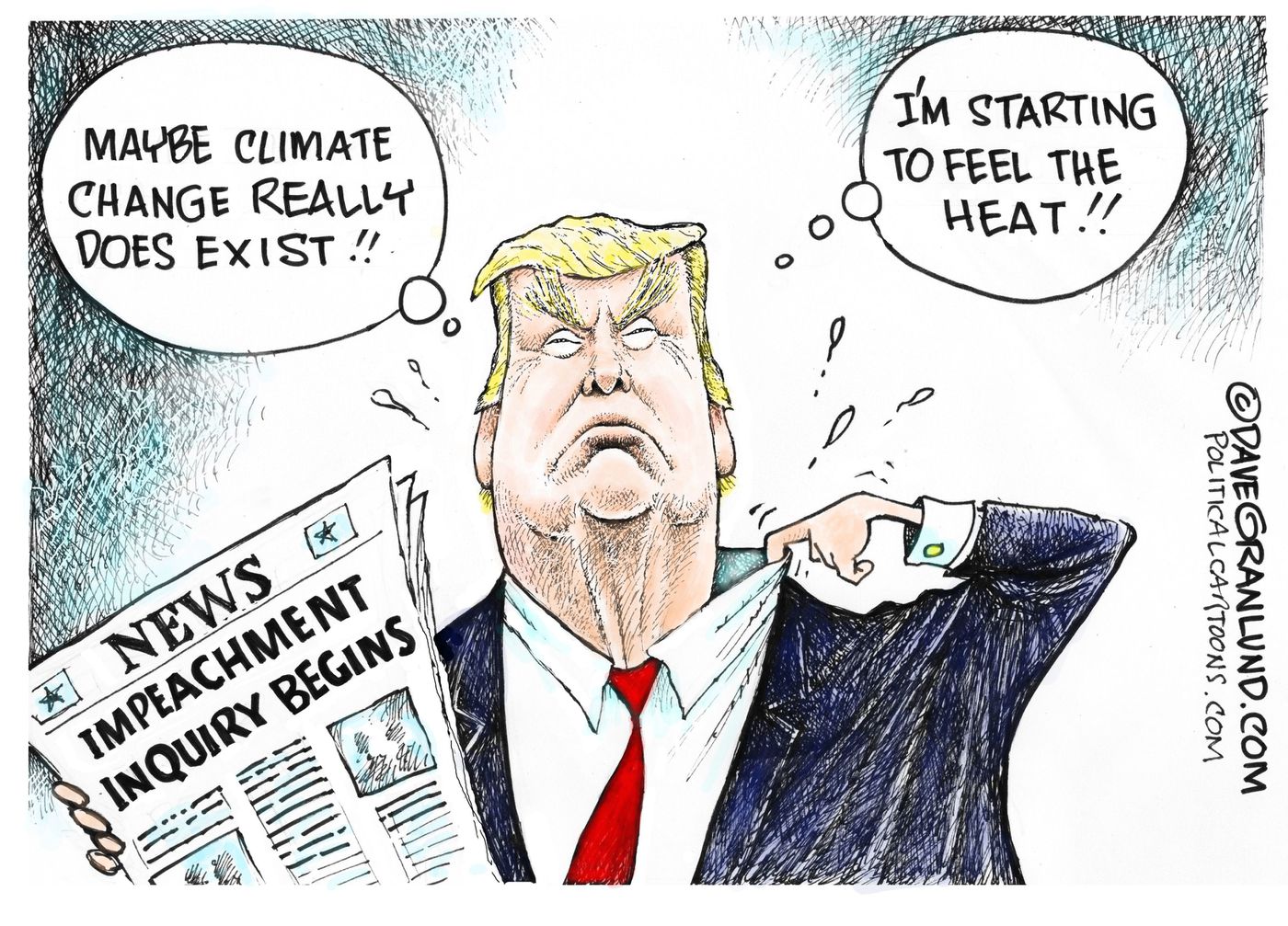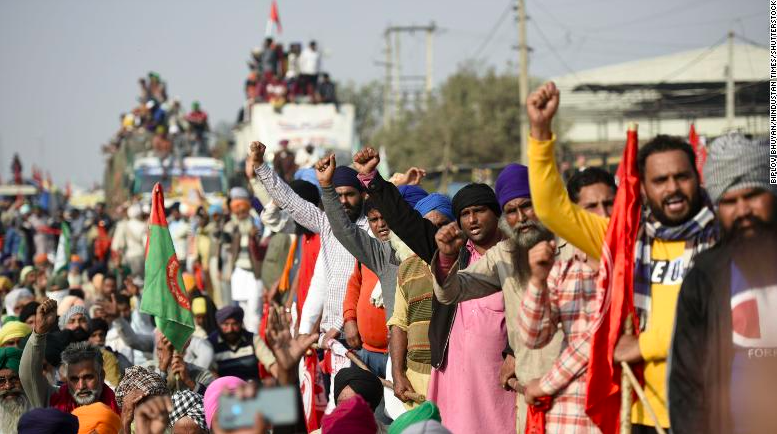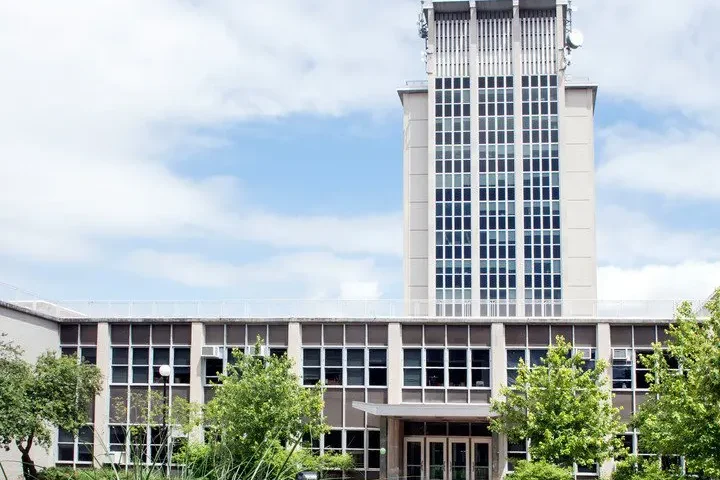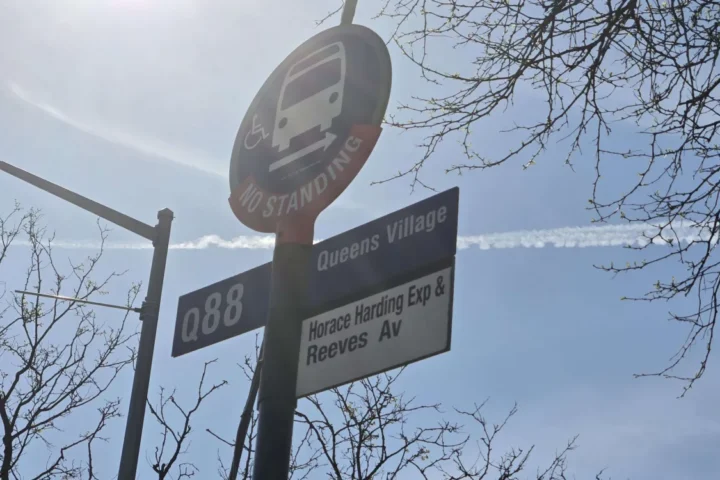On Aug. 12, an anonymous whistle-blower who is an officer at the Central Intelligence Agency (CIA), sent a complaint to the chairmen of the U.S. House and Senate Intelligence Committees, Richard Burr (R–NC) and Adam Schiff (D-CA) respectively. Detailing in this complaint was that he had “received information from multiple U.S. Government officials that the President of the United States is using the power of his office to solicit interference from a foreign country in the 2020 U.S. election.” The whistleblower was referring to the July 25 phone call where, he believes, President Trump pressured Ukrainian President Volodymyr Zelensky to investigate former Vice President Joe and son Hunter Biden. Hunter Biden once worked for the Ukrainian company Burisma and Mr. Trump has accused former Biden Sr. of interfering in prosecutorial matters related to that company.
Zelensky rebuffed the notion that he was pressured to help with an investigation on the Bidens, reports The New York Times.
The whistle-blower complaint also alleges that Mr. Trump asked Zelensky in the phone call to “assist in purportedly uncovering that allegations of Russian interference in the 2016 U.S. presidential election originated in Ukraine” and to plan to speak further with Attorney General Barr and the President’s attorney Rudy Guiliani. The anonymous source also asserted that he heard from many officials that efforts were being made to “lock down” proof of the call and its transcript. Since then, the White House has released a reassembled transcript of the call.
According to Congresswoman Carolyn Maloney (D-NY), who sits on the Oversight and Reform Committee, one of three conducting the inquiry, “President Trump is abusing his power, in plain sight, for personal political gain. He is willing to jeopardize our national security by withholding mandated security assistance, needed to counter Russian aggression, unless Ukraine opened a false investigation into the President’s political rival.”
According to The Los Angeles Times, the Republicans are the minority party in the House Committees, therefore they cannot send out subpoenas. Subpoenas are demands for witnesses to testify, or to provide resources such as documents on the matter at hand. There is still a procedural matter lingering in the background of the inquiry: to have a House vote on having a formal inquiry or not. The President and Republicans want a formal vote, but the Speaker of the House Nancy Pelosi (D-CA) and her Democratic counterparts are refusing to grant one, maintaining that the vote is not needed. As such, Republicans want this vote in an attempt to gain the right to disseminate subpoenas.
Professor Muhammad Kabir, a political science professor at Queens College who teaches classes on international relations said that “if correct, these allegations have serious implications for the integrity of U.S. foreign policy… [and] raise a serious challenge to the rule of law and constitutional values embedded in the American political system.”
With regard to domestic consequences, the impeachment inquiry may have an effect on the 2020 election. Adina Lerner, a senior history major agreed, “I think the major impact the impeachment [inquiry] will have will be on the upcoming election. Pelosi and the Democrats know that they will never actually be able to impeach because they won’t be able to get 20 Republicans in the Senate . . . Clearly, they are hoping that it will hurt Trump’s chance to get re-elected. While I understand this perspective, personally, I think that it just plays into Trump’s narrative . . . constantly being under attack and it will help and not hinder him, but I could be wrong. Either way, this will have a decisive role in the 2020 election.”














